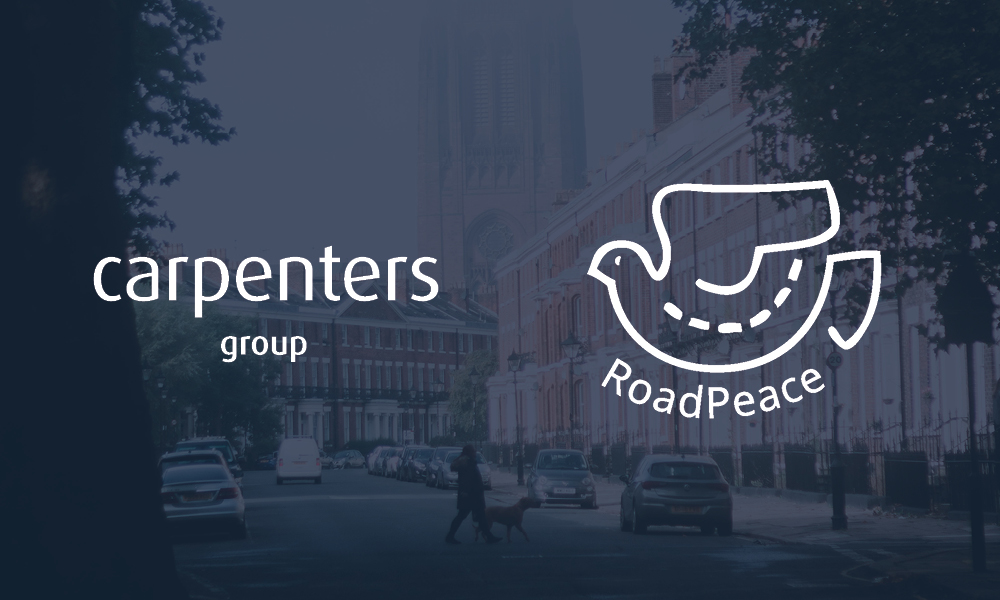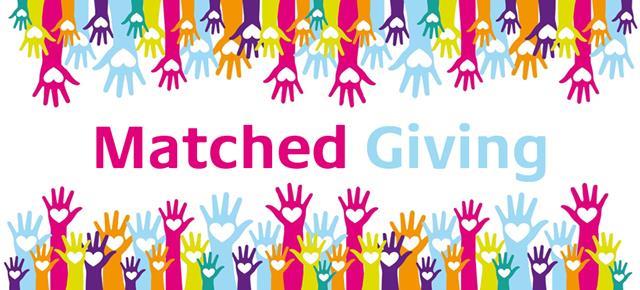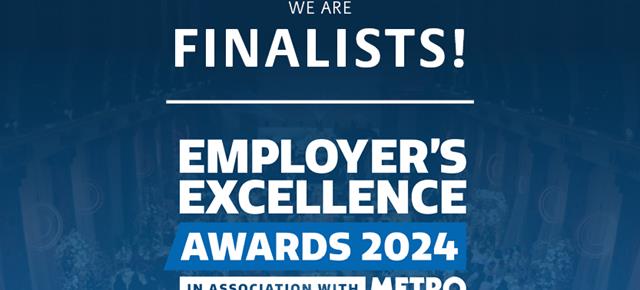Lockdown denies crash victims access to rehabilitation and justice
27 August 2020
5 minutes to read.










-
Victims and personal injury solicitors in the North West report how lockdown has negatively impacted crash victims
-
Court closures, over-stretched police, and social-distancing measures have contributed to cases being delayed and difficulties in accessing rehabilitation and support
-
RoadPeace, the national charity for road crash victims, stresses need for specialist, local, personal injury solicitors in this time with launch of regional Legal Panel
Whilst lockdown reduced the number of vehicles on Britain’s roads, people continued to get killed and injured. And personal injury solicitors in the North West have noted that there remained a high number of serious injury collisions, as empty roads saw speeds escalate. Manchester saw nearly 1,500 drivers caught speeding in just seven days during lockdown.
Those that became victims of crashes during or just before the pandemic were faced with a set of challenges that could not have been foreseen and have had serious consequences for their recovery. RoadPeace’s survey of its legal panel members, has uncovered some serious challenges brought about by the pandemic.
Experience in hospital has been more traumatic
For seriously injured victims who have had to be in hospital during the pandemic, their experience is reported to have been much more frightening and alienating than it would otherwise have been. Full PPE had to be worn by NHS staff, which has removed some of the human element of care. Equally many further surgeries that crash victims needed had been delayed; causing longer stays in hospital and longer recovery times.
What has also been very distressing for crash victims is the ban on visitors. The psychological impact of months in hospital without seeing friends and family is reported to be significant.
Ann Allister, Technical Director Serious Injury at Carpenters Group, said
“The NHS Covid 19 discharge policy leaves seriously injured claimants’ discharged with little support, discharges happened within a short time scale which makes planning support very difficult. Patients have had very little follow up and limited rehabilitation. Rehabilitation that has happened has been remote rehabilitation via telephone or video calls. Only when it is wholly essential has there been face to face meetings. Claimants who need further surgeries are not having those surgeries in a timely manner as keeping vulnerable patients safe from Covid 19 has to be the first consideration. For those in hospital it has been awful - they have not seen family or human faces for many months which has been very difficult. There has never been a more important time to work consensually with insurers to get private rehabilitation and support in place.”
And victims who were bereaved long before the pandemic have been re-traumatised by lockdown.
RoadPeace members have said
"Normally I would've gone to see my friends when I was feeling particularly lonely after my husband died. Not having anywhere to go to and fill my day has been very difficult”
"I feel completely alone. My daughter would usually help me with all the paperwork and legal issues around my husband's death but she has health issues & is self-isolating. Now without any IT skills I’m having to do this on my own and I can't cope"
Criminal justice has been delayed.
Due to social distancing measures, criminal courts and the Coroners Courts have not been open. This has led to cases being delayed for months on end. It has been estimated that trial backlogs in the magistrates’ courts increased by 41% between the beginning of March and the end of May; in the crown court, the estimated increase was 53%.
The impact on crash victims has been significant.
Quentin Underhill, Partner at Birchall Blackburn said
“Until any criminal case is dealt with, we cannot progress a civil claim. So, the delays in criminal proceedings will obviously delay our work. For example, a criminal case we are monitoring at the moment has already been adjourned twice during lockdown due to a backlog of cases. We believe it could well be adjourned for a third time.
Accessing rehabilitation has been denied.
Not only are some injured crash victims not receiving rehabilitation because civil claims are being pushed back due to the court backlog, those that do have the funds available are not getting the same treatment that they otherwise would have done.
And rehabilitation covers a lot of different therapies. Psychologists, councillors, physiotherapists and occupational therapists have all been unable to see victims. Whilst adaptations have been made to hold therapies over video conferencing, there have been a number of types of rehabilitation which have not been possible to continue. NHS COVID-19 policies rendered it difficult to obtain hospital appointments, and private rehabilitation centres stopped accepting new clients. This meant that the most seriously injured crash victims - those with severe brain injuries - were unable to access the rehabilitation they vitally need.
And whilst personal injury solicitors have adapted best they can to moving their work online, social distancing measures and a lack of human contact have proved how important it is to have a specialist, local solicitor.
Allison Pepper, Solicitor and Associate Director at Oliver & Co Solicitors said,
“Serious injury victims require help and support to a greater level than other clients. A great working relationship between client and solicitor is essential to understand the clients needs, requirements and priorities. Being able to pop in to see your solicitor has great advantages as does the ability to visit the seriously injured when they are not able to get out the house.
From a personal perspective, I feel that meeting clients regularly encourages me to understand their troubles and reminds me that each of our clients have different needs and priorities which strengthens my resolve to exceed their expectations. We will visit clients nationwide who are seriously injured but matters are made far more easy when they are local and feel like they can visit us when they would like to. It also enables us to fall back on a bank of tried and tested set of experts and rehab providers to assist with the case.”
RoadPeace, the national charity for road crash victims, has today launched its regional legal panel. Made up of vetted specialist personal injury solicitors, eligibility for a place on the panel has always been based on the strictest criteria. And as of today the panel has moved from a national structure, to a regional one.
The benefit of this has become all the more stark as crash victims feel the effects of COVID-19 and lockdown. Victims referred by RoadPeace to solicitors will be offered a regional firm, allowing for a more localised relationship with their lawyer.
Nick Simmons, RoadPeace CEO said
“COVID-19 has affected us all, but it has hit crash victims particularly hard. Delays in justice and accessing rehabilitation has been tough on crash victims. It has always been vital for victims to have a specialist personal injury firm representing them, and the RoadPeace legal panel is made up of such firms. What COVID-19 has shown us though is how human contact and a close relationship with your solicitor is vital, on top of expertise. We have this month changed our legal panel structure, so that victims who get signposted to our solicitors through RoadPeace, will be offered a local firm in the first instance.”














